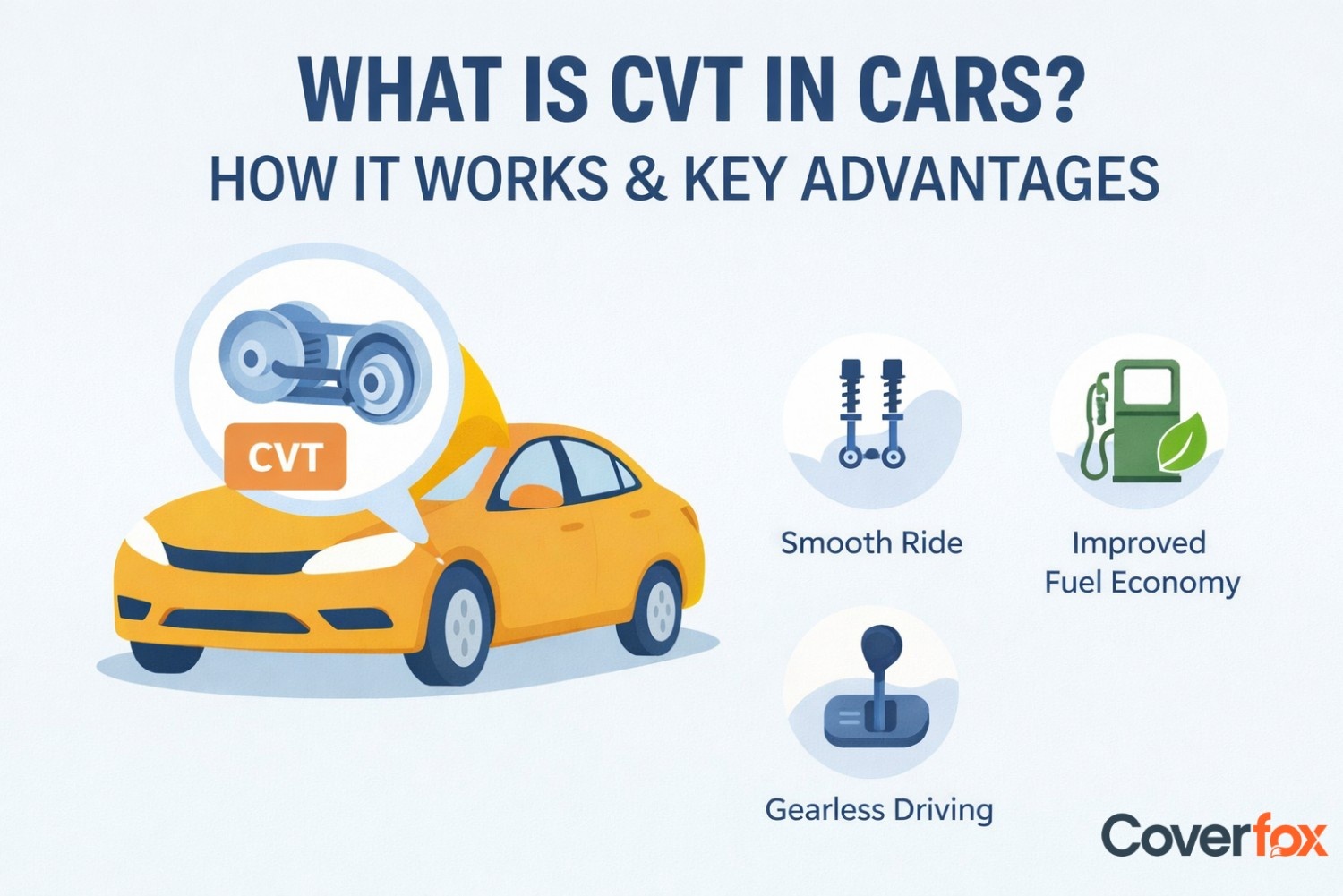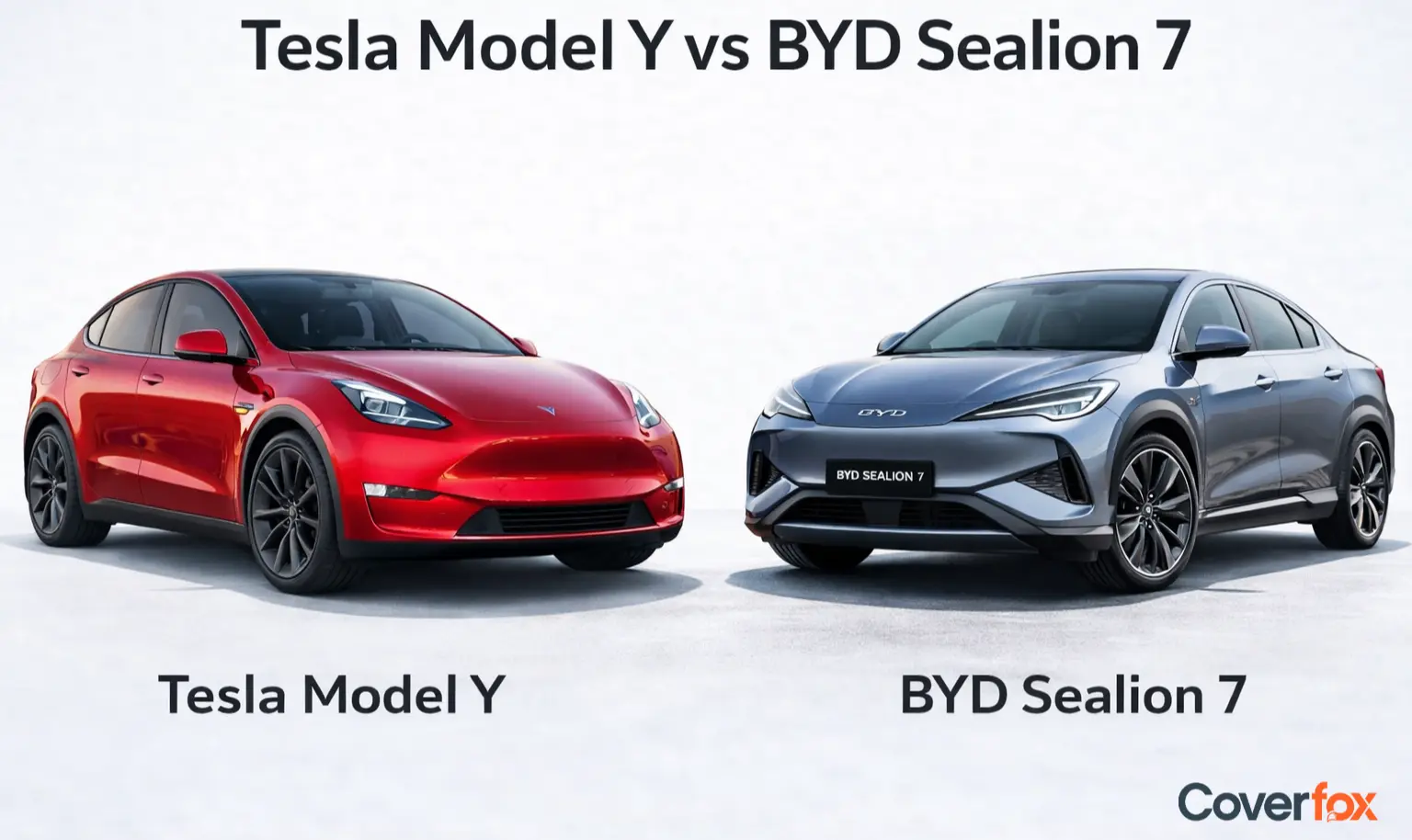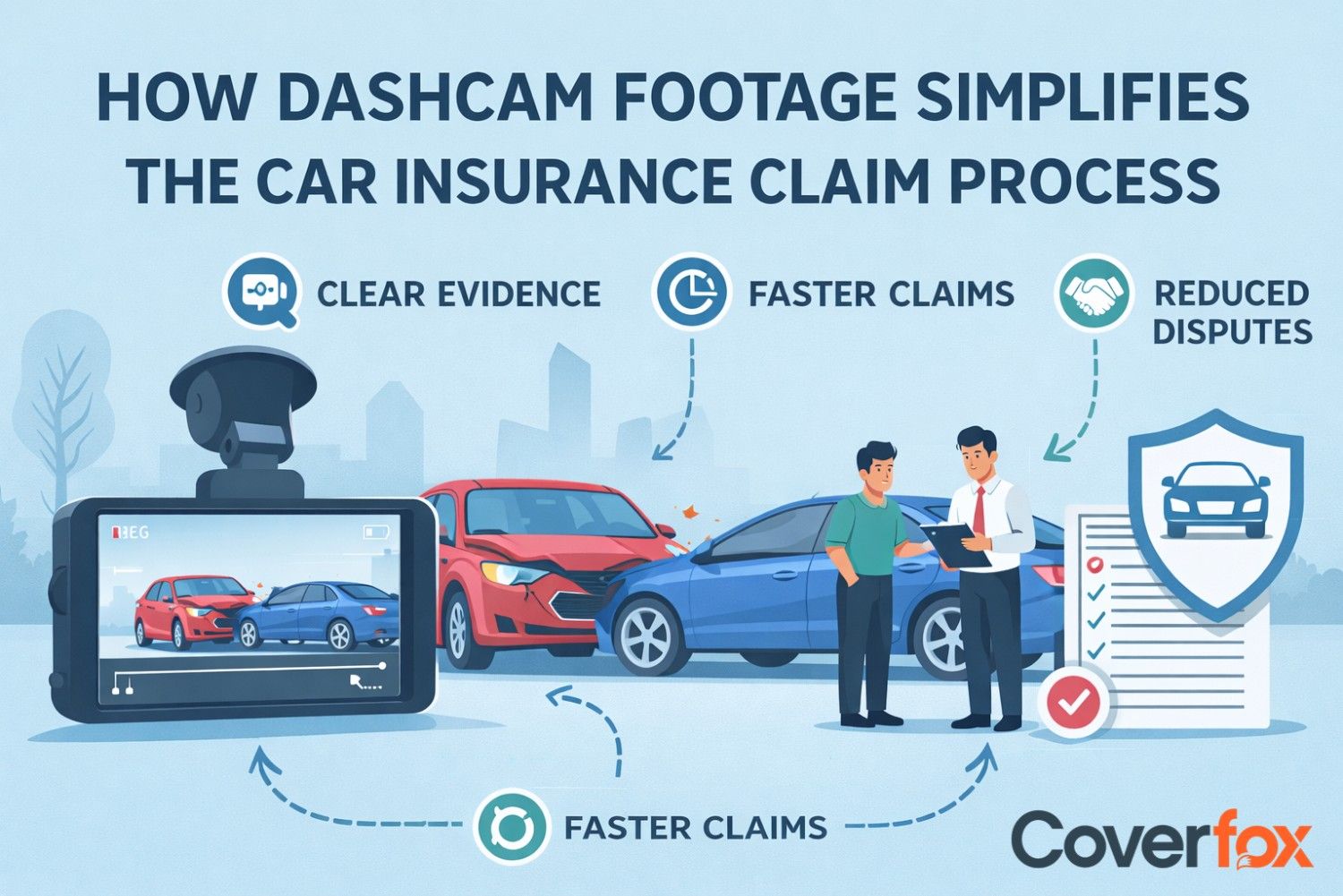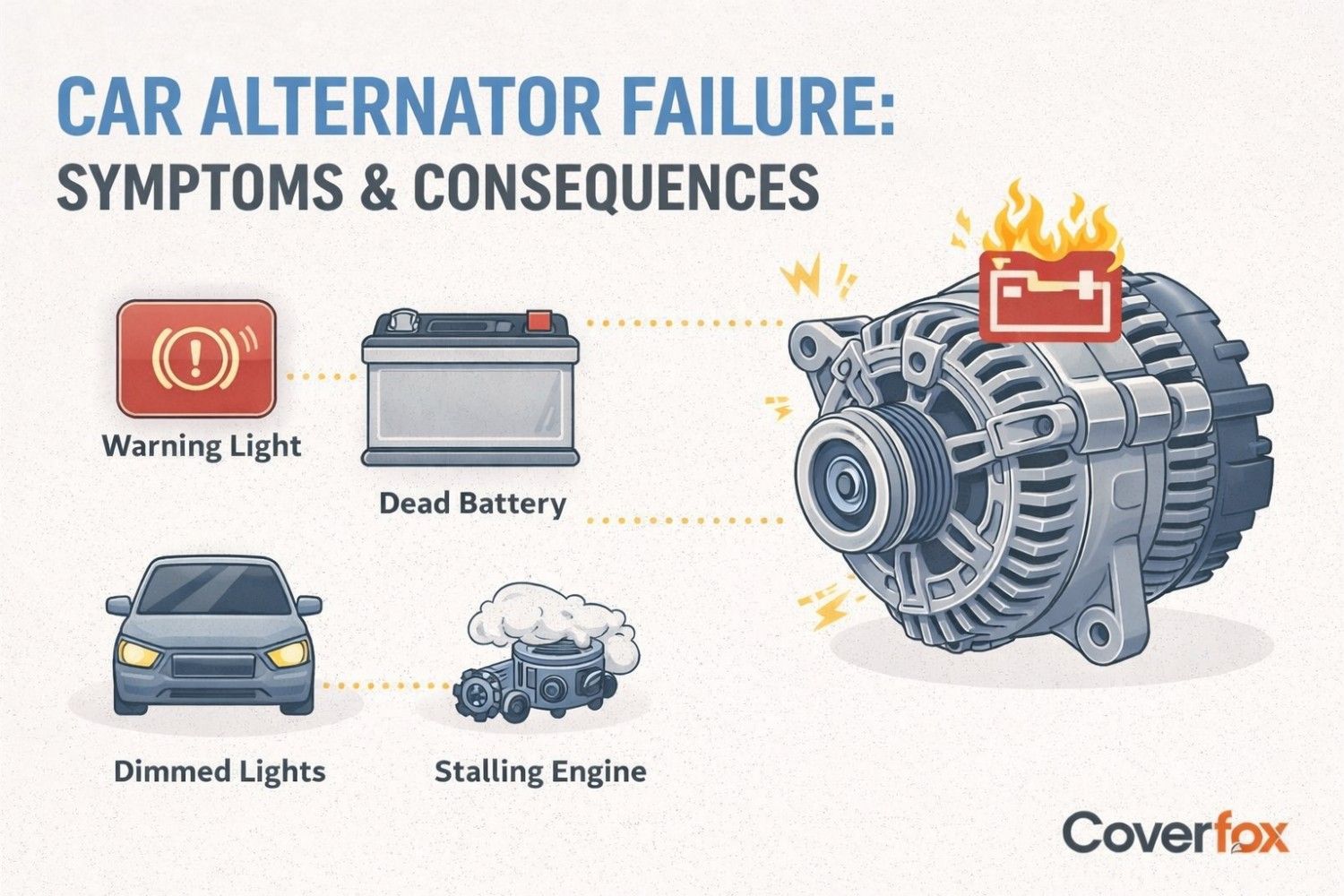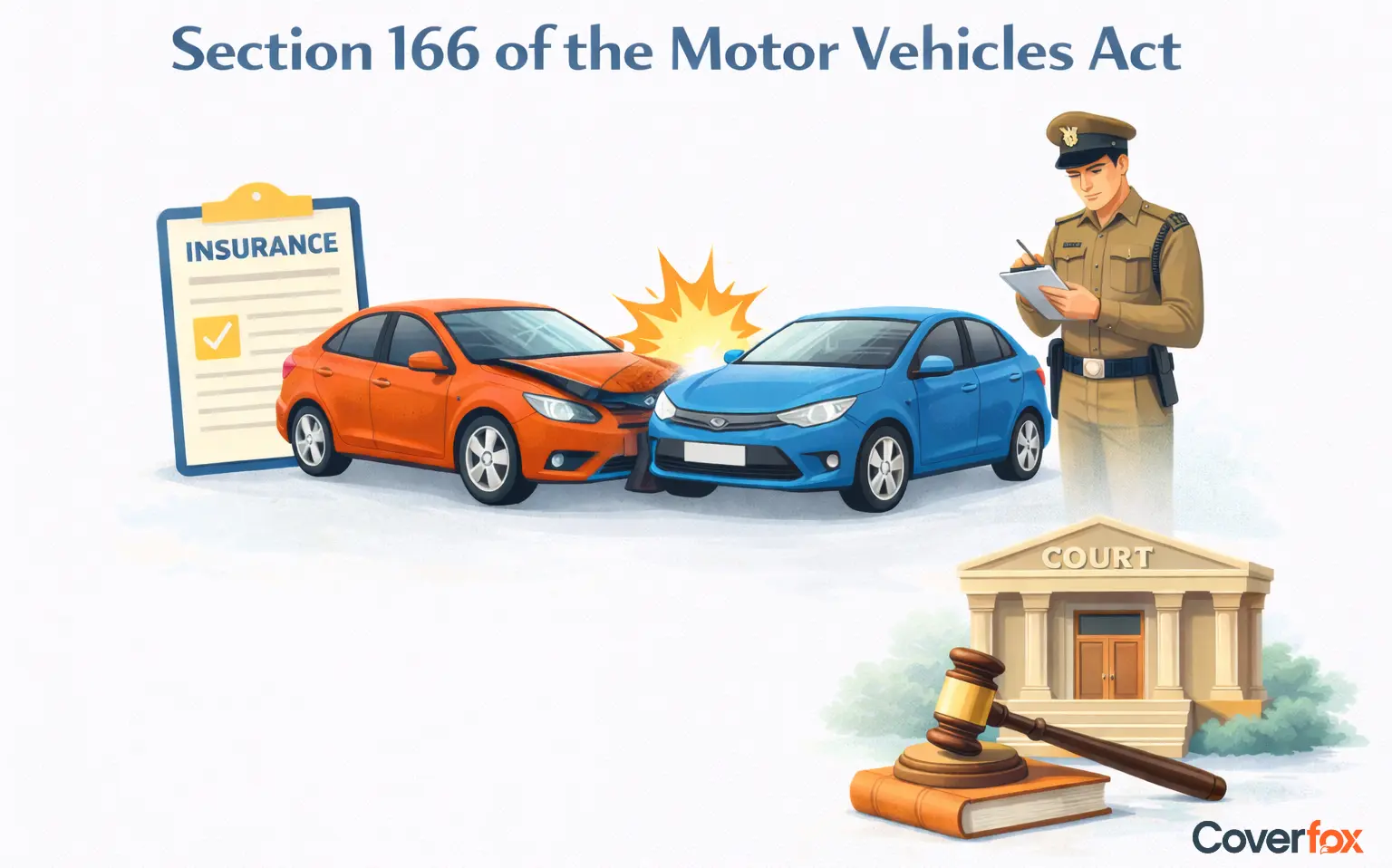Discover when a car inspection is necessary for insurance, including break-in policy requirements, renewal conditions, modifications, accidents, and coverage changes. Get informed about inspection requirements and related costs so that you can plan ahead for your insurance requirements.
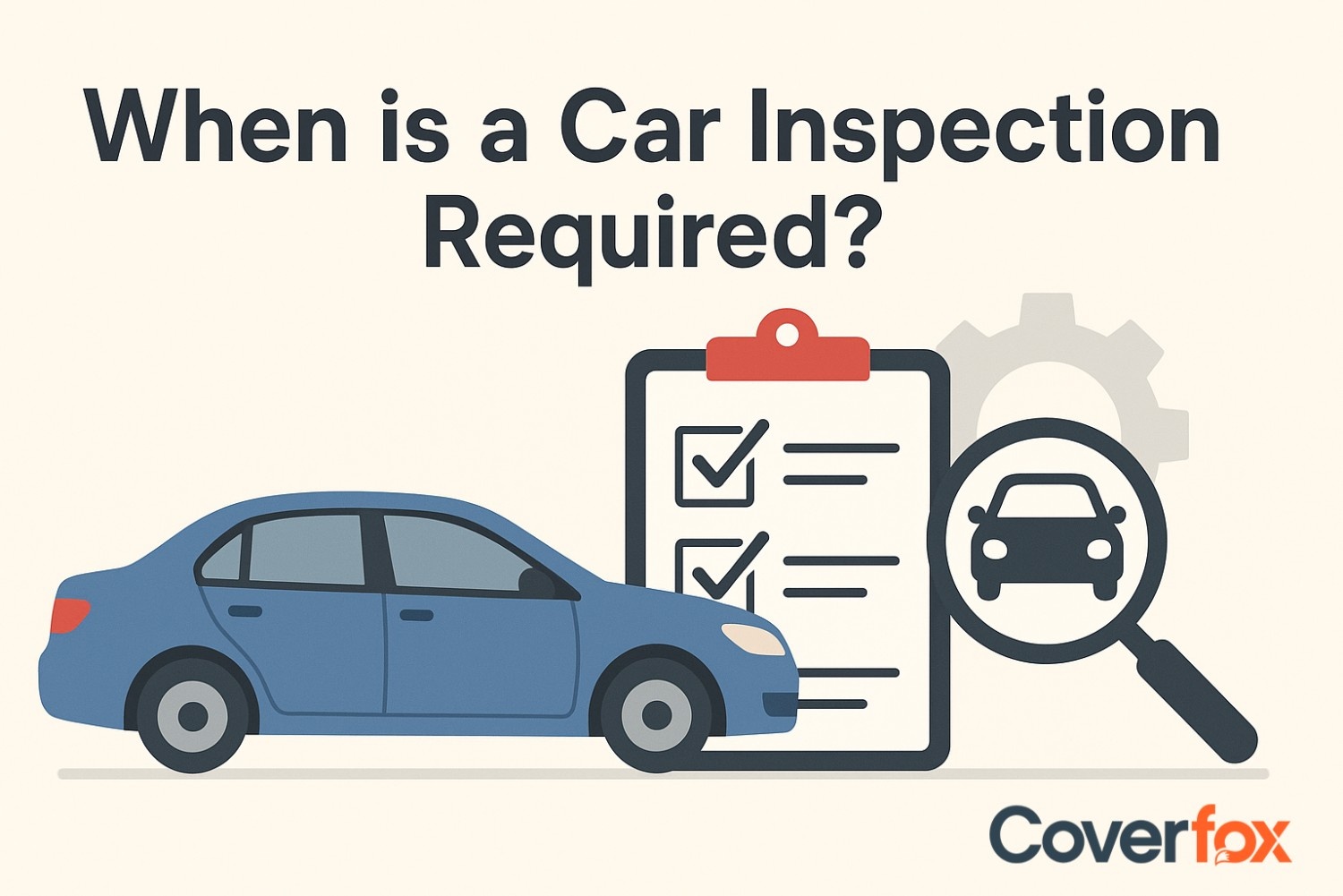
When it comes to car insurance, there are a lot of factors to consider. One of the most important things to keep in mind is when a car inspection is required. This can affect your insurance rates and coverage, so it’s important to understand the circumstances in which an inspection is necessary. In this article, we’ll break down the different situations in which a car inspection is required and what you can expect.
What is Car Inspection?
Car inspection is a thorough examination of a vehicle to assess its overall condition, functionality, and roadworthiness. It typically covers mechanical systems, safety features, emissions, and general wear and tear. Regular inspections help identify potential issues early, ensure compliance with safety standards, and maintain the vehicle’s value over time.
Break-in Policy Vehicle Inspection Required
If you’re purchasing a new car or switching insurance providers, you may be required to have a vehicle inspection done. This is known as a break-in policy vehicle inspection and is typically required within the first 30 days of purchasing a new car or switching insurance. This inspection is done to ensure that the car is in good condition and meets the safety standards set by the insurance company.
When is Car Inspection Required in a Car Insurance Policy?
There are a few different situations in which an inspection may be required for motor insurance. These include:
Renewal of Insurance
Change in Vehicle
Change in Coverage
Accident
Some insurance companies require a car inspection at the time of renewal to ensure that the car is still in good condition and meets their safety standards.
If you have made any modifications to your car, such as adding a new engine or changing the body, an inspection may be required to update your insurance policy.
If you are changing your insurance coverage, such as adding comprehensive coverage, an inspection may be required to determine the value of your car and assess any potential risks.
If you have been in an accident, your insurance company may require an inspection to assess the damage and determine the cost of repairs.
What Are the Methods of Car Inspection?
Car inspections can be conducted by different parties and through various methods, depending on the purpose and the level of detail required. These inspections are broadly categorised into first-party and third-party inspections.
- First-Party Inspection: Conducted by the vehicle owner or their insurer. The insurer or authorised personnel examines the car to assess its condition for maintenance, insurance, or claims purposes.
- Third-Party Inspection: Carried out by an independent, external agency not directly affiliated with the insurer or owner. This ensures an unbiased evaluation of the vehicle’s condition.
Below are the most common methods used to assess a vehicle’s condition.
1. Courtesy Inspection
This is a basic visual check of common car components, such as lights, oil levels, and wipers. It is usually performed during routine services like oil changes or tyre rotations to ensure the vehicle is in good working order.
2. Insurance Inspection
Certain jurisdictions require insurance inspections for older vehicles, often those over ten years old. This type of inspection focuses on critical systems like brakes, suspension, exhaust, and other essential functions to confirm the car is roadworthy and safe to drive.
3. 12-Point Inspection
A 12-point inspection is a detailed and comprehensive assessment of a vehicle’s condition. Key areas typically checked include:
- Tyres: Inspecting tread depth, cracks, bulges, debris, and occasionally rotating tyres to ensure even wear.
- Wheel Alignment and Balance: Ensuring wheels are properly balanced and aligned for optimal performance.
- Fluid Levels: Checking brake fluid, coolant, windshield washer fluid, and other essential fluids for proper levels.
- Wipers and Windshield: Examining wiper blades for wear and checking the windshield for cracks or chips.
- Lights: Verifying the condition and functionality of all interior and exterior lights.
- Belts, Hoses, and Suspension: Inspecting all belts, hoses, shocks, and struts for signs of wear or damage.
- Brake System and Battery: Ensuring the brakes are functioning correctly and the battery is in good condition.
- Filters and Timing Belt: Checking cabin filters and timing belts to see if replacement is needed.
This thorough approach helps identify potential issues early, ensuring safety, reliability, and compliance with insurance requirements.
Car Inspection Requirements
The requirements for a car inspection may vary depending on your insurance company. However, there are some common factors that are typically assessed during an inspection. These include:
Vehicle identification number (VIN)
Mileage
Exterior and interior condition
Safety features
Emission Standards
This is a unique 17-digit code that identifies your car. It is used to track the history of the vehicle and ensure that it has not been stolen or involved in any major accidents.
The mileage of your car is important as it can affect the value and potential risks associated with the vehicle.
The overall condition of your car, both inside and out, will be assessed during an inspection. This includes any visible damage or wear and tear.
The safety features of your car, such as airbags and seatbelts, will also be checked to ensure they are in working condition.
Measures the levels of harmful gases, such as carbon monoxide, nitrogen oxides, and hydrocarbons, released from the exhaust. This is done periodically and helps maintain PUCs.
Car Insurance Inspection Charges
The cost of a car inspection will vary depending on the insurance company and the type of inspection required. Some insurance companies may cover the cost of the inspection, while others may require you to pay for it out of pocket. It’s important to check with your insurance provider to understand their policies and any potential charges.
By understanding when a car inspection is required and what to expect, you can ensure that you are prepared and meet all necessary requirements for your car insurance. Remember to always check with your insurance provider for specific guidelines and requirements.
Wrapping Up
Whether you are registering a new car, or buying a car insurance policy, car inspection is an essential step to ensure your car meets the description specified and check its roadworthiness. Vehicle inspection can be done through a surveyor of the insurer, an RTO inspector, or any third-party garage. Cost of inspection depends on the insurer, most insurers provide free inspections, but sometimes a fee can be charged. Knowing how car inspection works ensures you are informed about your car while meeting the requirements for being roadworthy.
Also Read:
The Best Way to Deal with Car Inspection for Claims
Everything That You Need to Know About Total Loss Car Insurance Claim
Is high IDV better in car insurance?
Frequently Asked Questions
Can I drive without a car inspection?
It depends on local regulations. While routine inspections may not always be mandatory, driving without a legally required inspection can result in fines or penalties.
What happens during a car inspection?
The inspector checks various aspects of your vehicle, including mechanical systems, safety features, fluid levels, tyres, lights, and sometimes emissions, to ensure it is roadworthy.
Is car inspection mandatory when buying insurance online?
Not always. Many insurers accept online policy purchases without a prior inspection, but they may request one for older vehicles or high-value cars.
Is inspection mandatory after an accident?
Yes, insurers usually require an inspection after an accident to assess the damage before processing a claim.
What if I skip a required inspection?
Skipping a mandatory inspection can invalidate your insurance coverage, lead to fines, or result in denial of claims.
Are inspections needed after car modifications?
Yes, significant modifications affecting safety, emissions, or performance may require a fresh inspection to ensure the vehicle remains compliant with regulations.
